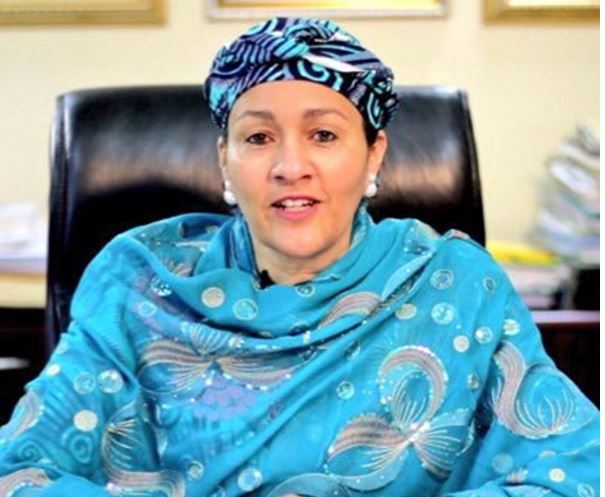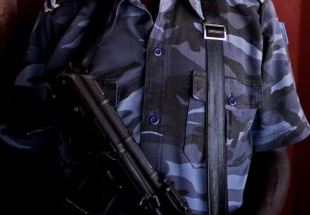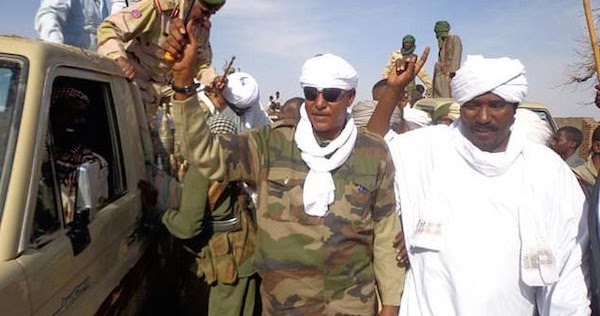Trust has been broken in Ethiopia- UN oficial

The Deputy Secretary-General of the United Nations, Amina Mohammed, has called for support to rebuild the trust “broken in Ethiopia.”
The Deputy UN Secretary-General made the statement following her five-day visit to the Federal Republic of Ethiopia, with subsequent visits to Tigray, Amhara, Somali, and Afar.
“Trust has been broken in Ethiopia, and we need to find ways to support the country, the leadership, and the people in finding that pathway back to rebuilding that trust and therefore rebuilding peace for their people,” Amina stated.
She noted that there was no finger-pointing, meaning that it was everyone that could be blamed for the atrocities committed. Peace was crucial given the horrendous conflict and tragedies where winning was no longer necessary.
Amina stressed the suffering of women and girls who had been raped and gang-raped in front of their children.
She called for an urgent cessation of hostilities in Ethiopia as a viable solution.
“Ethiopian women were affected unimaginably. In your worst nightmares, you cannot imagine what has happened to the women in Ethiopia. And this is not by region, this is across the regions,” she said.
“I think without a shadow of a doubt, that justice and accountability have to be heard. I think that’s very much part of the upfront centre of the national dialogues. They cannot achieve any lasting peace without reconciling and being held to account for the atrocities across the country. And so, when I say there is no finger-pointing in that region, everyone is to blame if you want to blame them. They were committed across the borders and the regions that were there. And accountability must be heard. “
She however noted that the government and the people of Ethiopia had made concerted efforts to end the conflict in the country.
Opposition leaders freed
In January, the Ethiopian government set free some of the opposition leaders and vowed to commence dialogue with them. This was after 14 months of political turmoil that led to killings, arrests, and the displacement of civilians.
The leaders who were released included the leaders of the Tigray People’s Liberation Front (TPLF) which has been waging war with the federal government.
The leaders included Bekele Gerba, a senior leader of the Oromo Federalist Congress Party, and Jawar Mohammed, the founder of Oromiya Media Network who was charged with terrorism offences in September 2020.
“The key to lasting peace is dialogue. One of the moral obligations of a victor is mercy,” said a statement from the government communications office.
Other leaders who were released included Eskinder Nega, the leader of the Balderas for Genuine Democracy Opposition Party and also a journalist and blogger from the Amhara ethnic group; Abay Weldu, the former president of Tigray; and Sephat Nega, the founder of the Tigray People’s Liberation Front (TPLF).
A senior Ethiopian political analyst, Will Davison, said this was “the first sign in some time that the federal government is looking to take serious actions towards political reconciliation.”
Great step
Moussa Faki Mahamat, the chairperson of the African Union Commission (AUC), appreciated the decision by the Ethiopian government to release political prisoners from the opposition, calling it a step towards a successful political dialogue.
“I welcome this important gesture of appeasement of the political situation in Ethiopia. I sincerely hope that it will be the trigger for a political process, paving the way for the implementation of a genuinely inclusive national dialogue process for the peaceful and consensual solution to the political and institutional problems facing the federation,” he said.
Faki pledged the support of the African Union to the government of Ethiopia for peace to prevail.


